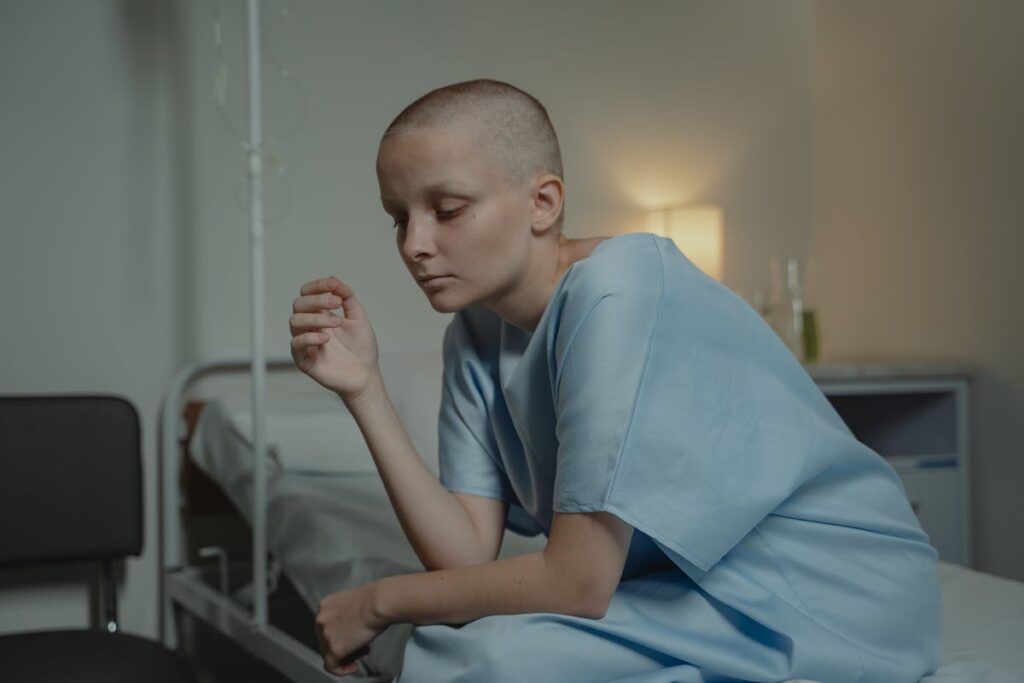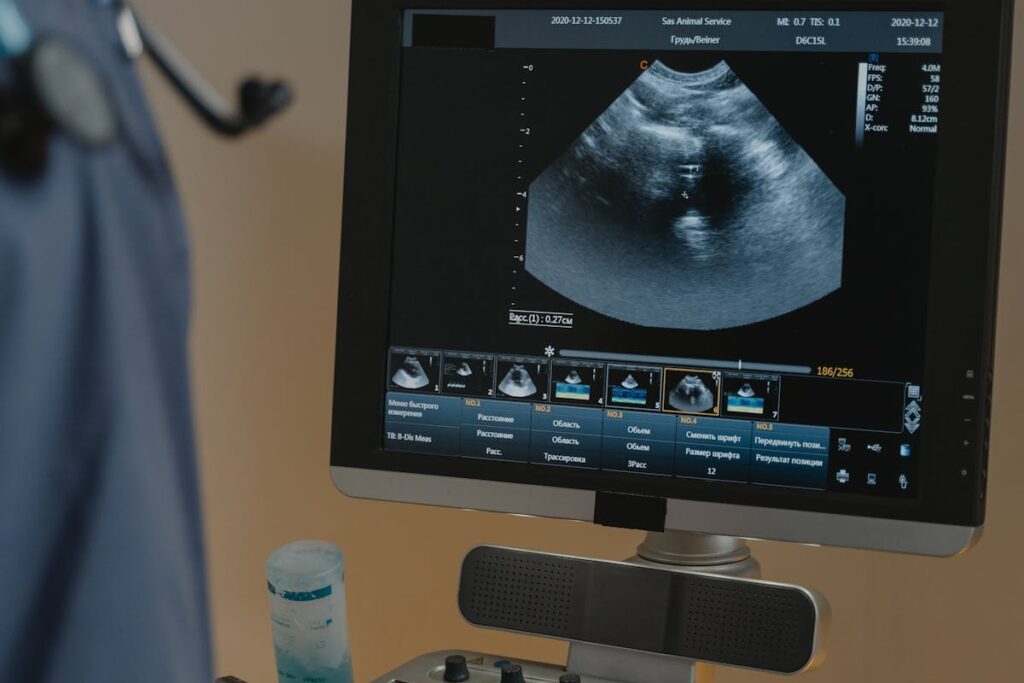A Cancer Trial’s Unexpected Result: Remission in Every Patient
Last updated on
The Trial That Shocked Experts
Eighteen patients, all diagnosed with rectal cancer, faced a daunting future. Standard treatment meant grueling chemotherapy, radiation, and, in many cases, life-altering surgery that could lead to bowel, urinary, and sexual dysfunction. Some would have needed colostomy bags. Instead of following the usual course, these patients enrolled in a clinical trial to test a new drug. The results were beyond what anyone anticipated. Every single patient saw their cancer disappear entirely. Physical exams, endoscopies, PET scans, and MRIs found no trace of the disease. It wasn’t just tumor shrinkage or temporary improvement; the cancer was gone. Dr. Luis A. Diaz Jr. of Memorial Sloan Kettering Cancer Center said, “I believe this is the first time this has happened in the history of cancer.” He co-authored a study in the New England Journal of Medicine, sponsored by GlaxoSmithKline. He noted that he was unaware of any other trial where a treatment eliminated cancer in every patient. Dr. Alan P. Venook, a colorectal cancer specialist at the University of California, San Francisco, said, “A complete remission in every single patient is unheard of.” Although he was not involved in the study, he believed this was the first time such a result had been achieved.Dostarlimab and Its Role in Cancer Treatment

- Cancer Cells Avoid Detection: Normally, tumors suppress immune responses using the PD-1 pathway.
- Dostarlimab Blocks the PD-1 Defense: This lifts the immune system’s “brakes,” enabling T-cells to recognize and fight cancer.
- The Body Fights Back: Once unleashed, the immune system eliminates tumors, sometimes leading to complete remission.
The Rare Achievement of Complete Remission

A Comparison to Traditional Cancer Treatments
What sets the results from the dostarlimab study apart is that it allowed patients to achieve complete remission without the use of the usual aggressive treatments, such as chemotherapy or radiation. The discussion of the study states, “In our study, the elimination of tumors after 6 months of therapy with PD-1 blockade enabled us to omit both chemoradiotherapy and surgery and to proceed with observation alone.” Traditional therapies often carry severe side effects like fatigue, nausea, and long-term organ damage. In contrast, the use of PD-1 blockade therapy showed remarkable effectiveness in targeting mismatch repair-deficient rectal cancer, providing a new potential for patients who would otherwise face invasive surgeries and harsh side effects. The ability to achieve complete remission with fewer side effects could significantly improve the quality of life for patients and offer a new direction in cancer therapy.Limitations of the Study and the Need for Replication

Risks and Expert Perspectives on Future Research
Experts caution against assuming that PD-1 blockade will be universally effective for all patients with mismatch repair-deficient cancers. While the outcomes from this study are remarkable, cancer treatment is highly individualized, and not every patient may respond the same way to PD-1 blockade therapy. There are also potential risks, including the development of resistance to the drug over time, and the long-term durability of the response is still uncertain. Experts emphasize the importance of exploring the duration of remission, understanding the underlying factors contributing to this treatment’s success, and determining how it might be combined with other therapies to increase efficacy. Further research should also focus on identifying which patients are most likely to benefit from PD-1 blockade, considering genetic and environmental factors that may influence treatment outcomes.Potential for Non-Invasive Treatments and Personalized Cancer Care
The success of dostarlimab in this trial raises the possibility of a future where some cancer treatments no longer require invasive procedures like surgery, chemotherapy, or radiation. If further research confirms that PD-1 blockade can achieve complete remission in a broader patient population, it could revolutionize rectal cancer treatment by offering a less physically and emotionally taxing alternative. This aligns with the growing shift toward personalized medicine, where treatments are tailored to an individual’s genetic and molecular profile rather than applying a one-size-fits-all approach. The ability to target specific cancer mutations with precision therapies could significantly improve treatment outcomes while reducing harmful side effects.Accessibility, Cost, and Ethical Considerations

A Breakthrough With Cautious Optimism
The success of dostarlimab in achieving complete remission for rectal cancer patients marks a significant milestone in cancer treatment. It demonstrates the potential of immunotherapy to target cancer cells with remarkable precision while sparing patients from the harsh side effects of traditional therapies. This breakthrough offers new hope, not just for those with rectal cancer but for the broader field of oncology, where personalized and less invasive treatments are becoming a reality. However, while the results are promising, more research is needed to confirm the drug’s effectiveness across more extensive and diverse patient populations. Long-term studies will be essential to determine whether remission is permanent and identify potential risks. Scientists and healthcare professionals must proceed cautiously, ensuring this discovery’s excitement does not overshadow the need for thorough validation. Despite these challenges, the findings signal a promising future for cancer treatment. The growing immunotherapy and targeted medicine advancements bring hope for more effective, personalized, and accessible treatments. With continued research and innovation, cancer care may soon enter an era where noninvasive, highly effective therapies become the new standard, transforming the lives of countless patients worldwide.Some of the links I post on this site are affiliate links. If you go through them to make a purchase, I will earn a small commission (at no additional cost to you). However, note that I’m recommending these products because of their quality and that I have good experience using them, not because of the commission to be made.




























 JOIN OVER
JOIN OVER
Comments